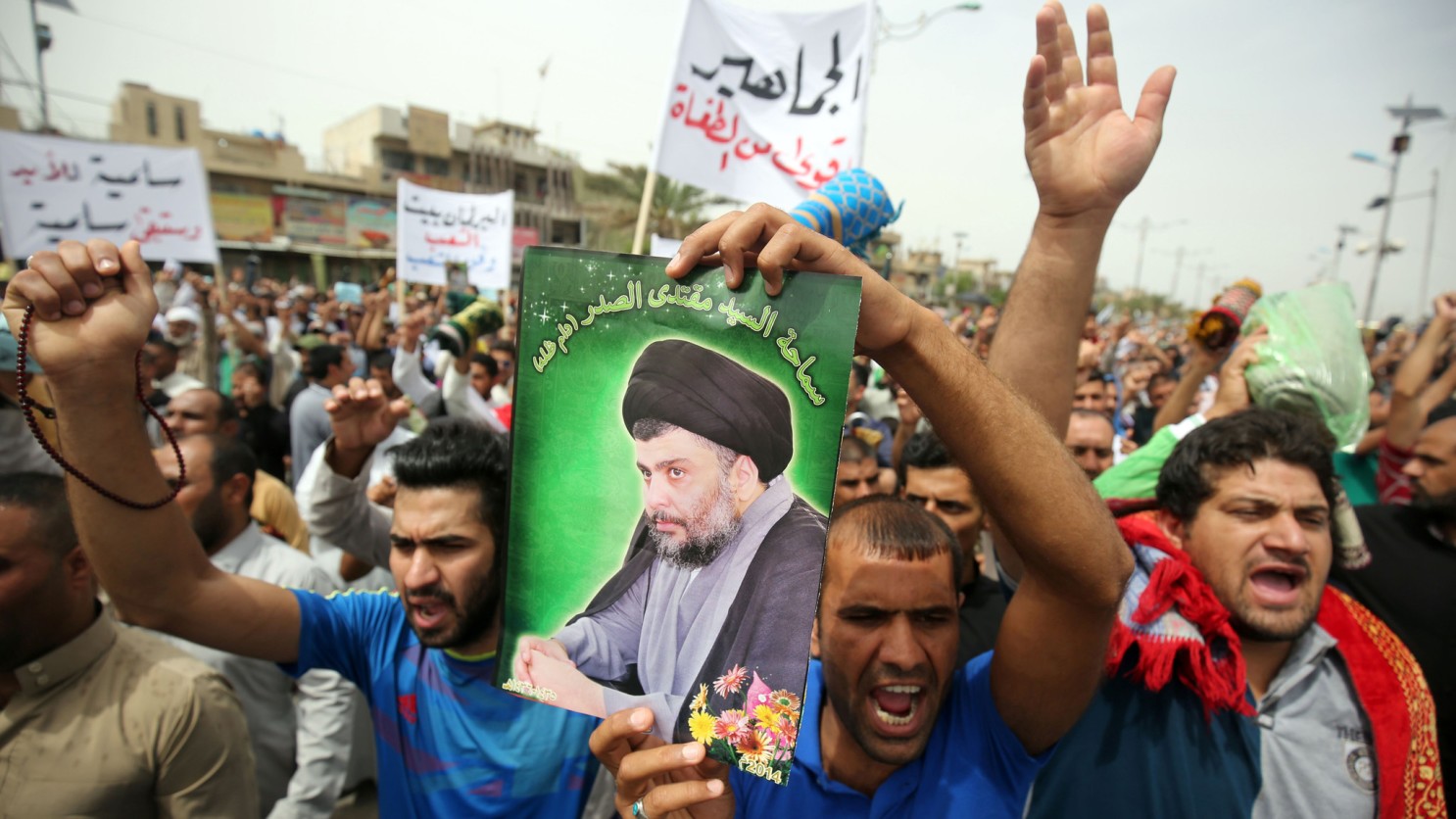
Iraqi cleric Muqtada al-Sadr calls on followers to stage anti-government protests | Foreign Brief
Saira Starr
The firebrand Iraqi cleric and
politician Muqtada al-Sadr has called for Shia worshippers to mark
today’s Arbaeen pilgrimage with continued anti-government protests.
Since protests began in Baghdad on October 1, at least 110 people have been killed. The government has responded by cutting internet access for up to 75% of Iraqis, enforcing curfews in Baghdad and arresting some 1,000 demonstrators.
Disillusionment with the current government, corruption and high unemployment are chief concerns among the protesters. With $450 billion of government funds unaccounted for since 2003, Transparency International last year ranked Iraq the world’s 13th most corrupt country. Meanwhile, only 50,000 jobs are added to the economy annually for some 700,000 Iraqis seeking work.
For his part, Prime Minister Adil Abdul-Mahdi has offered housing, training and loan subsidies to the unemployed, compensation to the families of the 110 killed and the prosecution of 1,000 corrupt civil servants.
Nonetheless, al-Sadr—who holds no official political office, but is a spiritual leader of a powerful Shia alliance—is using his influence to call for Abdul-Mahdi’s resignation and fresh elections. With Abdul-Mahdi struggling to quell the protests and millions backing al-Sadr as both a religious and political figure, expect violence to escalate.
Since protests began in Baghdad on October 1, at least 110 people have been killed. The government has responded by cutting internet access for up to 75% of Iraqis, enforcing curfews in Baghdad and arresting some 1,000 demonstrators.
Disillusionment with the current government, corruption and high unemployment are chief concerns among the protesters. With $450 billion of government funds unaccounted for since 2003, Transparency International last year ranked Iraq the world’s 13th most corrupt country. Meanwhile, only 50,000 jobs are added to the economy annually for some 700,000 Iraqis seeking work.
For his part, Prime Minister Adil Abdul-Mahdi has offered housing, training and loan subsidies to the unemployed, compensation to the families of the 110 killed and the prosecution of 1,000 corrupt civil servants.
Nonetheless, al-Sadr—who holds no official political office, but is a spiritual leader of a powerful Shia alliance—is using his influence to call for Abdul-Mahdi’s resignation and fresh elections. With Abdul-Mahdi struggling to quell the protests and millions backing al-Sadr as both a religious and political figure, expect violence to escalate.
No comments:
Post a Comment